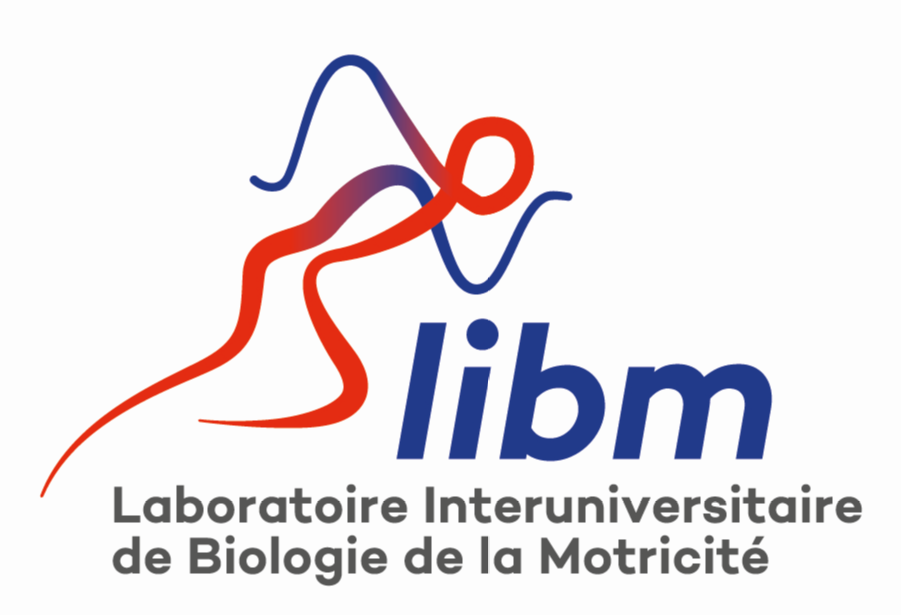ENHANCING SLEEP IN PROFESSIONAL RUGBY PLAYERS: OBSERVATION AND SLEEP INTERVENTIONS
Améliorer le sommeil de joueurs de rugby professionnels athlètes : observation et interventions sur le sommeil
Résumé
Introduction: Sleep is a crucial factor in recovery and must be integrated
into athletes' training plans for optimal performance and wellbeing.
Although athletes are advised to sleep for a minimum of 8 h,
many experience shorter sleep durations or exhibit poor sleep efficiency.
Sleep tracking observations in athletes suggest that quality is
556 of 633 ABSTRACTS
13652869, 2024, S1, Downloaded from https://onlinelibrary.wiley.com/doi/10.1111/jsr.14291 by Cochrane France, Wiley Online Library on [24/09/2024]. See the Terms and Conditions (https://onlinelibrary.wiley.com/terms-and-conditions) on Wiley Online Library for rules of use; OA articles are governed by the applicable Creative Commons License
altered, yet this emerging field of research requires comprehensive
assessments, including objective and subjective sleep outputs. To
improve sleep quality, sleep interventions have been tested with various
modalities, including sleep hygiene education and strategies. Thus,
across match weeks, this ecological study aimed to identify good and
poor sleepers within a male rugby team, using both objective and subjective
assessments, and to evaluate the effects of sleep
interventions.
Method: Forty-three male professional rugby players from national
French rugby union were evaluated during two tracking and intervention
match weeks using objective and subjective assessments (actimeter
and Hooper questionnaire). During the first tracking week, we
assessed the wake-sleep cycle of athletes who maintained their daily
habits. Then, two sleep experts reported the results from the tracking
phase in a group setting context and offered an educational session
on sleep hygiene (30 min). Experts further taught them how to practice
relaxation strategies, which they could implement as needed during
the post-intervention week.
Results: Our findings revealed that 65% of players were bad sleepers.
Subjective sleep quality improved between the tracking and the intervention
weeks (p = 0.002). A significant effect of the sleep interventions
was also found on bedtime (p = 0.005), which occurred earlier
during the intervention week (23:25 ± 00:38 vs. 23:43 ± 00:44 tracking).
A trend towards significant increases in objective (actimetric)
sleep quantity was also observed (421.3 min tracking vs. 433.4 min
intervention; p = 0.07).
Conclusion: The first main finding revealed that a majority of rugby
players did not sleep sufficiently, which extends previously reported
results from different sports. The second main finding demonstrated
that sleep interventions improved sleep quality and quantity. This
study offers an accessible method for evaluating sleep in team sports
athletes, while providing feedback to optimize or enhance sleep quality
and quantity.
Conflict of Interest: No.
Fichier principal
 Journal of Sleep Research - 2024 - - Poster sessions_removed.pdf (117.02 Ko)
Télécharger le fichier
ESRS_Rugby_Sleep_24.pdf (1.12 Mo)
Télécharger le fichier
Journal of Sleep Research - 2024 - - Poster sessions_removed.pdf (117.02 Ko)
Télécharger le fichier
ESRS_Rugby_Sleep_24.pdf (1.12 Mo)
Télécharger le fichier
| Origine | Fichiers éditeurs autorisés sur une archive ouverte |
|---|
